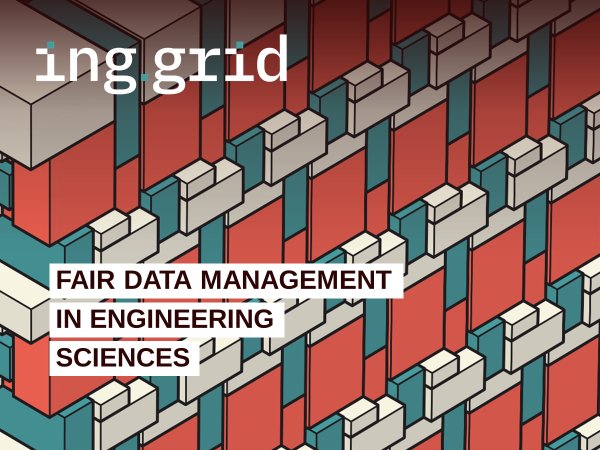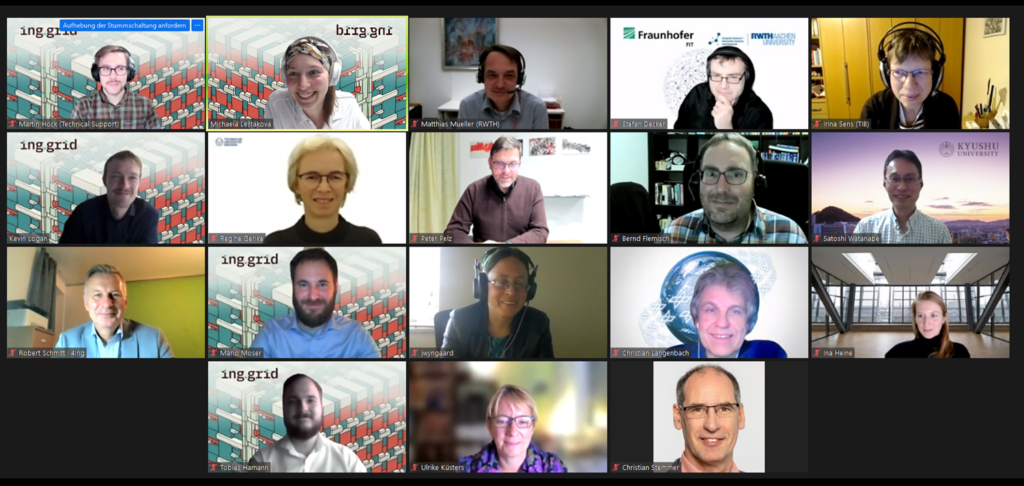
ing.grid bridges a gap in engineering sciences, offering a platform and recognition for sound scientific practice in generating research data, developing reusable tools for processing that data and curating the data to make it findable, accessible, interoperable and reusable (FAIR). The journal addresses seven core topics: data literacy, data infrastructure, data governance, data economics, data ethics, data sets and data management software. Using a hybrid peer review process including single blind peer review and community peer review, ing.grid fosters open discussion and exchange in the engineering community on all issues related to data management and gives scientific credit by publishing contributions regarding all endeavors connected to FAIR data management.
In 2021, the editorial board of ing.grid was constituted. Currently, it consists of 24 academics from across the world. Nearly all of its members met for the first time in the constituting meeting on the 25th of November 2021 in a virtual conference. They had the opportunity to get to know one another and divide responsibilities with regard to the upcoming tasks leading up to the first issue of ing.grid. During the intense three hours and despite the meeting spanning across four different time zones, the editorial board fruitfully discussed the current state and the next steps of ing.grid.
The core topics of the discussions were review criteria (how ing.grid approaches reviewing manuscripts, data and software), issue planning (how often issues are released and what their structure is) and marketing (how we assure that ing.grid reaches the desired authors, readers and reviewers). The results of the discussions have been documented and will be implemented in the upcoming weeks before the first call for papers is published.

M. Leštáková, K. Logan
